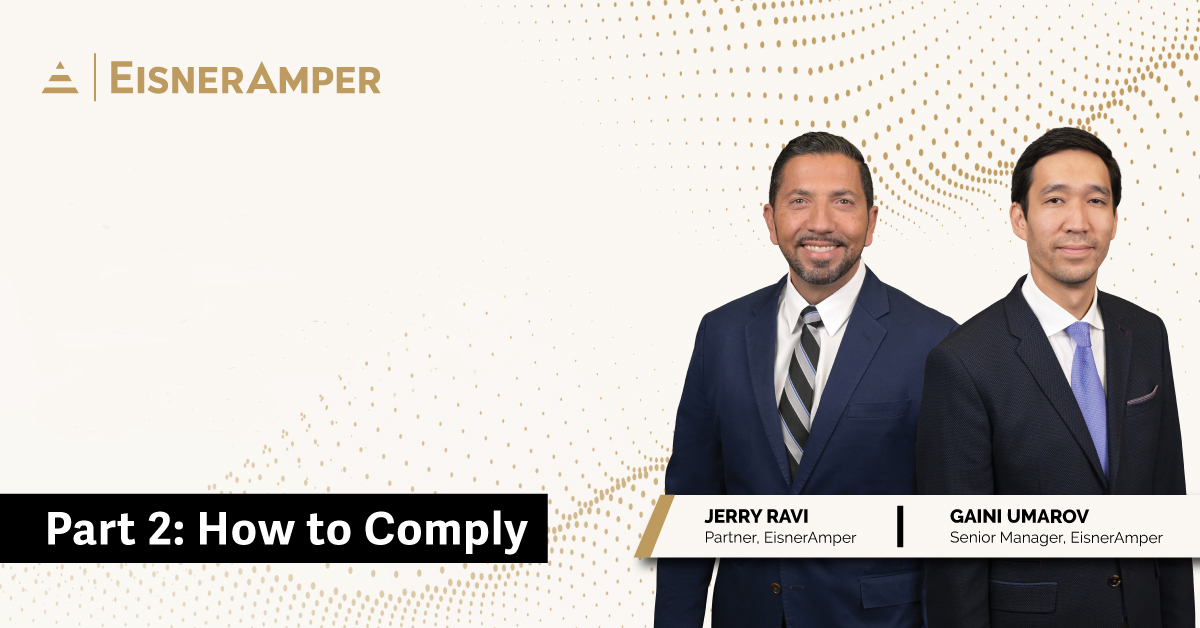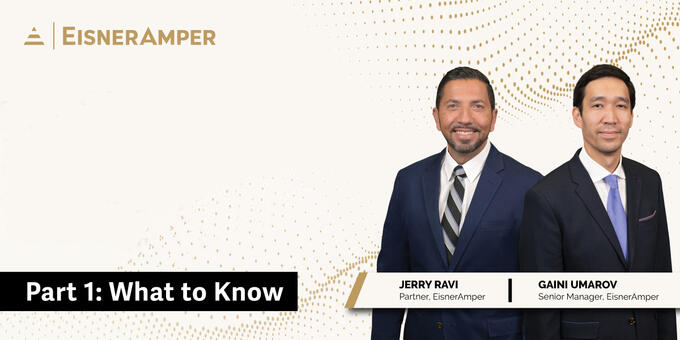
SEC Approves Rule to Reduce Settlement Time for Securities Transactions
- Published
- Mar 28, 2017
- By
- Louis Bruno
- Share
On March 22, 2017, the Securities and Exchange Commission (“SEC” or the “Commission”) unanimously approved a widely anticipated amendment to Rule 15c6-1(a) of the Securities Exchange Act of 1934 to shorten the standard settlement cycle from T+3 to T+2 for most broker-dealer transactions.1 Subject to certain exemptions, securities transactions impacted by the rule cover equities, bonds, municipal securities, exchange-traded funds, certain mutual funds, and limited partnerships that trade on an exchange. Broker-dealers must comply with the amended rule beginning on September 5, 2017.
The amended rule aims to (a) decrease the risk of defaulting counterparties in securities transactions; (b) improve capital efficiency by utilizing technological advances; and (c) harmonize the U.S. with other international markets that have already established a 2-day settlement cycle. The settlement cycle has not been shortened since the SEC adopted Rule 15c6-1 in 1993 and established the 3-day cycle. Since that time, securities markets have significantly changed through rapid technological advances where large volumes of transactions occur in milliseconds. In recognizing technology changes, the Commission has given its staff 3 years to study a possible settlement time reduction to T+1 or end-of-day settlement.2
In adopting the amended rule, the SEC emphasized the need for a wide variety of market participants to adapt to the settlement cycle change. Acting SEC Chairman Michael S. Piwowar noted that “[I]t will be incumbent on each broker-dealer, mutual fund, self-regulatory organization, trading venue, clearing agency, transfer agent, and other affected market participant to do its respective part to ensure a collective readiness for a smooth transition to T+2.”3
The Chairman’s comments reflect a financial eco-system where broker-dealers rely on many third parties to settled trades. Examples include the use of clearing brokers for the securities transactions covered by the new rule. To adequately comply, broker-dealers will need to assess and appropriately revise procedures that include reliance on third parties for trade settlement.
Prior Experience as a Guide
As previously noted, non-U.S. markets have already transitioned to a T+2 settlement cycle, and this experience can provide U.S. firms with valuable lessons in implementing the SEC’s amended rule. When T+2 was implemented in 2014, European firms had to undergo process reengineering efforts in order to transition to the new settlement requirement. Some of the ways in which these firms were impacted during the run up to the compliance deadline included the following:
- Operations departments were required to match trades in a shorter time;
- IT systems required adjustments to accommodate changes to coupon and redemption payments and corporate actions, such as dividend payments, stock splits, mergers and acquisitions;
- Compliance policies and procedures required amendments; and
- In some cases, manual workarounds were necessary to address data changes. U.S. firms should use this experience to assess the impact of the compressed settlement cycle and identify changes required under the new requirement. Firms should review resource requirements, particularly on the IT and operations sides, to ensure they are sufficiently staffed to be implement the changes necessary by the effective date. Moreover, in the delivery vs. payment system (“DVP”), paying firms need to adjust their cash requirements for the counterparties to deliver the securities more expeditiously.
All affected U.S. market participants should consider these regulatory, operational, and technology challenges in adapting to the T+2 settlement cycle, and start making the necessary changes as early as possible.
1 https://www.sec.gov/news/press-release/2017-68-0, SEC Adopts T+2 Settlement Cycle for Securities Transactions, March 22, 2017.
2 https://www.sec.gov/news/public-statement/stein-open-meeting-032217, Statement at Open Meeting on the Final Rule Amendment to Shorten the Transaction Settlement Cycle, Commissioner Kara M. Stein, March 22, 2017.
3 https://www.sec.gov/news/public-statement/piwowar-open-meeting-032217, Statement at Open Meeting Regarding Amendment to Shorten the Trade Settlement Cycle, Acting Chairman Michael S. Piwowar, March 22, 2017.
What's on Your Mind?
Start a conversation with Louis
Receive the latest business insights, analysis, and perspectives from EisnerAmper professionals.












